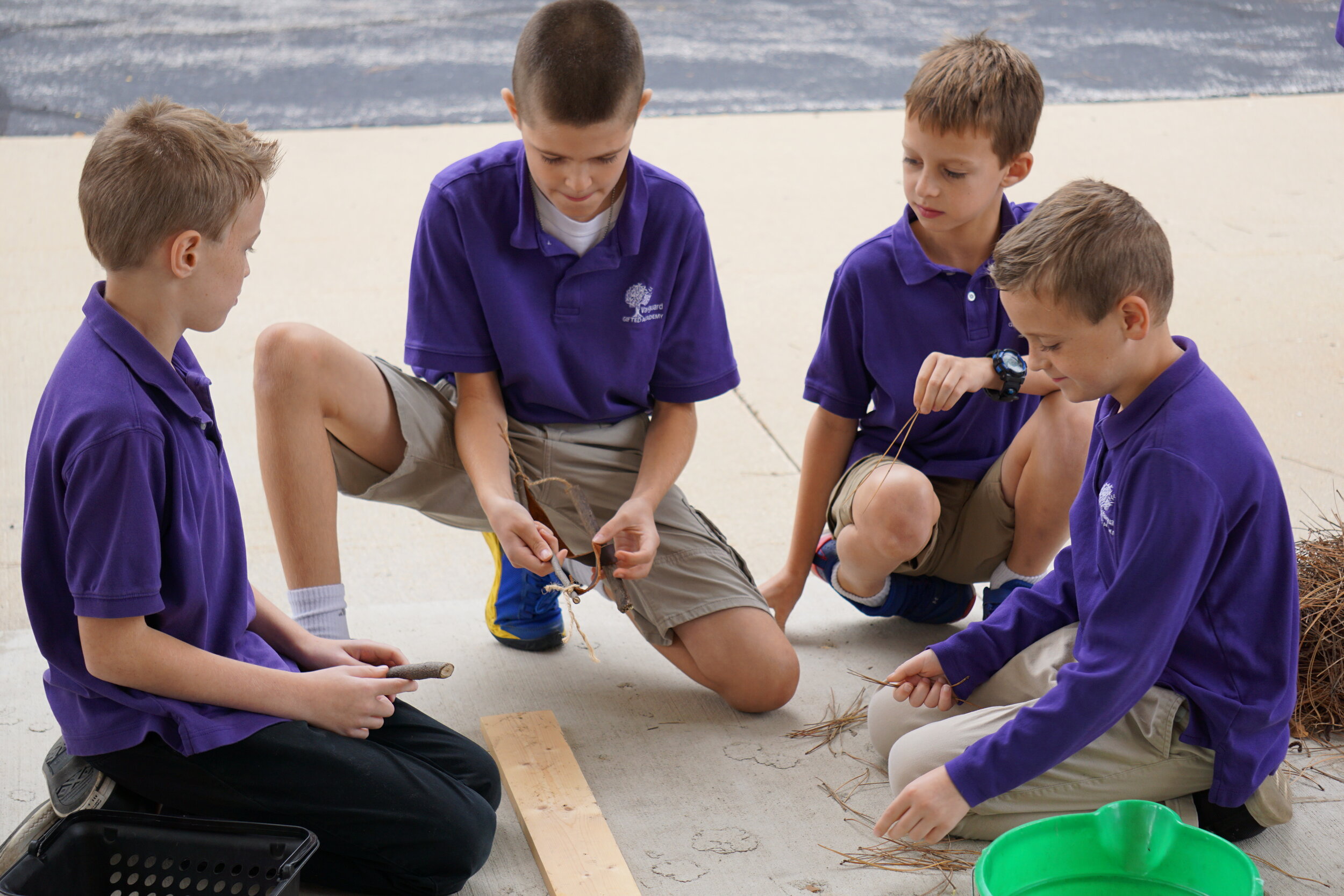What is Gifted? The effects on social relationships for gifted children
Welcome to the Vanguard Gifted Academy educational channel. We're here today to talk with you about the socialization of gifted children. I'm Elizabeth Blaetz, the Head of School at Vanguard Gifted Academy.
I have many parents that come to me with a concern about the social aspects of their gifted child. Young gifted children often get misrepresented by teachers because they do not tend to socialize well with their peers. Oftentimes teachers will assume that they have a behavioral problem. Although the teacher may be trying to do what they think is best for the child, they most likely won’t have a strong understanding of gifted children. Even at preschool age, gifted children often don't have a social connection with age-level peers. They are already thinking about things that their peers are not thinking about. So, it isn’t that they don't want to be social, it's that there's nobody in the room for them to be social with. There's nobody in the room that will understand their joke. There's nobody in the room who wants to think about the things they're thinking about.
One of the topics that I often talk to parents about is the lack of a social community. Parents are concerned and often say, “My child doesn't have any friends”. The reality is, gifted children tend to have fewer friends. Since gifted children make up only 10% of the population, and they prefer to choose friends who are similar to them, they have fewer choices.
The good news is, they will find connections with intellectual peers. But, intellectual peers are often not their same age. That’s ok, parents don't need to worry if their child is hanging out with older kids. Older kids provide them the intellectual “fun” that stimulates their brain.
They do also need developmental peers though. These are peers who share the same interests. If your child likes to play baseball, sign them up! By putting them on the baseball field, they will find developmental peers. Here’s the challenge though. If you're putting them in baseball just because there are nine other kids on the field and you’re hoping that team spirit is going to develop into friendships, it's not going to work. It has to be something your child is really interested in. They need friends who share a common interest, so make sure you are selecting activities that truly engage your child.
Another key fact is that gifted children also tend to be more introverted. Statistics show that gifted children oftentimes are very comfortable playing by themselves. This often worries parents, but gifted children have an amazing imagination. Sometimes they just like to live inside that imagination and fulfill those thought processes on their own; they don't necessarily need someone else to play with all the time.
When you're looking for social interaction for your child, just know that it's a little bit tougher when you have a gifted child.
I’d like to share a personal story with you about my own son, who is now an adult.
When my son was a little boy, I was a stay at home mom. He didn't have a lot of friends and there just didn’t seem to be a place for him in the public school classroom that he was in. He just didn't fit, and he didn't really want to be around the other children. As a mom, that broke my heart. I felt so badly for him. I hadn't gotten involved in gifted education yet, so I didn't know what to do for him. He seemed content at home, but he was by himself a lot. But, I thought, well, I'm kind of happy by myself a lot too, so I'm not going to worry about it.
The years passed and he went on to high school. Little did I know, but as he got older, he felt as though he was becoming invisible and had made the tragic choice to end his own life. One day, I got a call from the school that he hadn't shown up that day. I rushed home to find him sound asleep on the bed with a note telling me what I was supposed to do when he was gone. He didn't feel that his life had any value.
This is a very real, and very challenging issue, and it is what every parent worries about with almost every gifted child. It is why parents want their gifted child to have friends. We got my son the help he needed and he has now grown into an amazing man, but the thing that I'm most proud of is that he's happy. When you've had a child that has gone through such a rough time as a teenager, to see them happy is really all that a parent could want for a child.
Be attuned to your gifted child’s social life and watch for clues about their emotional wellbeing. Make sure that they have an opportunity to find friends that share common interests as well as friends that are at the same intellectual level, and help them to foster those friendships. Don't worry about age differences, don’t try to force connections, and don’t be concerned about how many friends they have; quality is more important than quantity.
I want to share an amazing website with you; SENG (Supporting the Emotional Needs of Gifted Children). https://www.sengifted.org/
This not-for-profit organization provides a lot of information about the social/emotional aspects of gifted education. It really is a great resource when you're thinking about the social/emotional side of raising a gifted child.
Lastly, if you find the information that we're offering here helpful, please pass it on!
You can also follow us on Facebook, Instagram, and YouTube and check back on our website for updates. Thank you for taking the time to read our blog!

